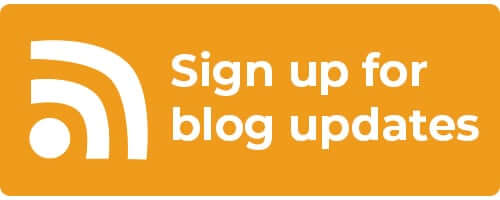WILD and its sister organizations in Africa and the UK are primarily known as wilderness-focused conservation organizations, but we have a unique aspect when compared to our conservation peers. Our work integrates the mutually important bond between humans and wild nature—we are two sides of the same earthly coin. From start till finish, we will continue to have a program focus on the power of wild nature to inspire, challenge and change people as a whole.
Our sister organization in the United Kingdom, The Wilderness Foundation (UK), is deeply involved in continuing this tradition of our Wilderness Network. Each year, the Sirius Programme’s Scholarship for Environmental Leaders—Growing Natural Leaders works with a selection of 18+ year old individuals who are committed to positive change for the environment and sustainable living. The participants spend 6 days in an extreme, wild part of Scotland with two wilderness guides.
One recent graduate of the program, Julie McElroy, shares her difficult but highly rewarding journey. Out of the other participants, Julie was the only disabled person in the group—and to date, in the entire Sirius Programme. She has a muscular imbalance on the left side of her body as a result of Cerebral Palsy, which proved difficult when rowing in the canoe. Julie also knew her deafness would be problematic in the canoe; she would either leave her hearing aids in and risk them getting wet, or take them out and have to rely on lip-reading…not an easy task in a two-person canoe!
Julie had many obstacles to overcome, but her canoe-partner, Ben Gill, and the rest of her group proved to be a great inspiration and urged her onward. The weather was beautiful for the majority of the trip; they camped every night, prepared their own meals and reflected on their adventure into the wilderness. Their food is locally sourced as much as possible, all waste is recycled, and all transport is as sustainable as can be, with train travel encouraged. Myles Farnbank, the expedition leader, worked with Ben and Julie to secure a beach chair onto the canoe to aid in Julie’s upright stability. She was thrilled for this easy fix which worked wonders, with the exception of one day of rough weather. Julie also decided after much debate to keep her hearing aids in, which helped her and Ben communicate while in the boat.
All participants had one thing in common: the passion for wilderness and the environment. Julie says that the experience would not have been a success without the support of her 7 team members. “There were times throughout the programme, I felt a little frustrated with my disability, and tasks that everyone else took for granted are slower for me to do. However, everyone was willing to help if I needed assistance and for that I am indebted for their assistance.”

In slowing down to support a less abled member of a team, what is gained in deeper observation, quieter communication, and support beyond frustration?